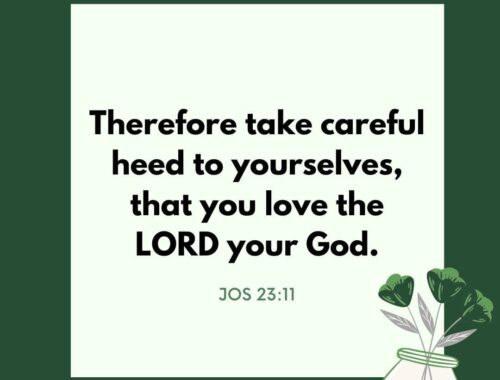Isaiah Chapter 1 – A More Perfect Faith

I’m sick of your worship because of your sin.
Isn’t worship always a good thing? Would God ever say something like that?
While Judah persevered in burning offerings and appearing before the Lord, their worship was empty, for their lives were far from faithful to God’s commands.
Judah’s worldliness led her to become “sinful nation, a people laden with iniquity, a brood of evildoers” (Isaiah 1:4). The once “faithful city” of Judah, the chosen people of God, now resembles two degenerate cities that suffered fatal punishment: Sodom and Gomorrah (Isaiah 1:21; 9-10).
The Lord thus decried, “Your New Moons and your appointed feasts My soul hates; they are a trouble to Me, I am weary of bearing them. … Even though you make many prayers, I will not hear. Your hands are full of blood.” (Isaiah 1:13)
Because their lives did not reflect God’s righteousness at all, He was tired of their faithless worship.
The problem was that Judah was relentlessly sinful and totally unremorseful. Their minds and hearts were driven by what was carnal and sinful, making their worship pointless.
As we keep up the habit of worshiping God, have we too become more concerned with its form, rather than nurturing sincere faith and love in our hearts?
Are our bodies merely showing up and/or carrying out our assigned duties, while our minds remain unfocused on the matters of God, our hands dirtied with sins, our hearts distant from loving our neighbor and our God?
The sinfulness Judah had fallen into had horrors such as thievery and, worse, murder. People did not care much for orphans or widows, and they gave and took bribes (Isaiah 1:21-23) – shockingly not too far off from our society today.
It is these seemingly minor sins of ignoring the fatherless and widows’ plights that prick me a little. I can’t speak for everyone, but from my own life, I see that it’s not often on my mind to donate to charity, offer a bit more to church for those who struggle, take time to do something kind, or look out for those around us who aren’t so well off.
Sometimes we may even use the excuse of already serving God to justify why we don’t do good deeds for unbelievers in need.
Remember that the Lord cares so much for the vulnerable that He wrote it into His laws and used such love to define what pure religion is.
Whether in the Old Testament or New Testament, God wants orphans, widows, and the poor to be cared for sincerely (Exodus 22:22-24; Deuteronomy 15:7, 10; James 1:27).
God is, after all, “a father of the fatherless, a defender of widows”. (Psalm 68:5)
So the Lord says, “Learn to do good; seek justice, rebuke the oppressor; defend the fatherless, plead for the widow.” (Isaiah 1:17)
This shouldn’t be taken lightly. Remember how the Lord rejected Judah’s worship for their lack of love?
It makes me wonder how numb my heart has become to the Lord’s commandment to love others. But as the verse above mentions, doing good has to be learned.
Learning to do good (and unlearning our habitual callousness to those in need) may seem hard, but we have God’s word, and we have the Holy Spirit to transform our stony hearts into hearts of flesh.
The Lord also reassures us, “Though your sins are like scarlet, they shall be as white as snow; though they are red like crimson, they shall be as wool.” (Isaiah 1:18)
God saves us, transforms us, and forgives us. On our end, God calls us to be willing and obedient (Isaiah 1:19).
To love God and love our neighbor as ourselves may not be easy.
But God is merciful, and He will help us along the way.
2 Corinthians Chapter 13
You May Also Like

Isaiah Chapter 17
May 8, 2023
Isaiah Chapter 8
April 17, 2023